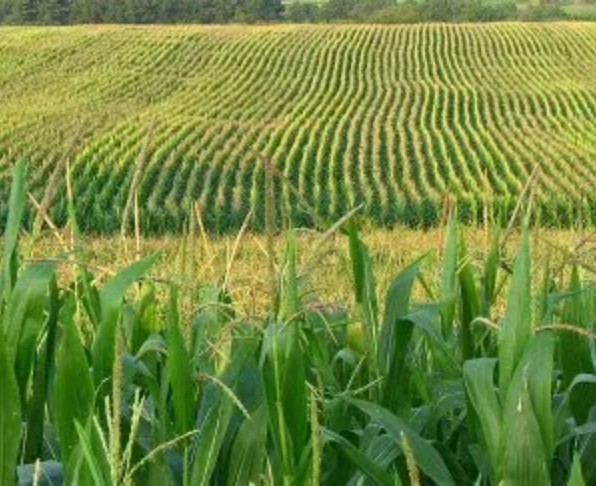Traditional Farming vs. Modern Farming
- Ron Eichner
- Aug 27, 2025
- 3 min read
By Ron Eichner

Hey folks, September marks the transition from summer to fall, often referred to as the “harvest month,” as families prepare for winter by storing food. This practice was more common decades ago with the art of canning and freezing fruits and vegetables.
This year, Labor Day falls on September 1, the earliest it can be celebrated because the holiday is observed on the first Monday of September. This holiday acknowledges the American worker. Grandparents’ Day, observed on September 7, reminds us to honor our elders. Also, on September 7, the “corn moon” rises. The autumn equinox on September 22 signifies the equal division of daylight and darkness.
What is “ear candy” to me is when customers stop by our farm market or call on the phone and tell me how they look forward to my monthly column in the magazine. I work diligently on my story because I am a full-time farmer and a part-time writer. I always ask God for inspiration to guide my pen to paper to create a story each month for the community.
In last month’s issue, I discussed why many fruits and vegetables have decreased in nutritional value over time—a core theme in my writing. Some readers found parts confusing, especially when I mentioned "word salad." I characterize this by a nonsensical flow of words that doesn’t make any sense. While the individual words might be grammatically correct, the overall sentence structure and meaning are lost.
I believe the main reason for nutritional depletion of the fruits and vegetables for decades is modern farming. Several decades ago, before “modern farming”, most farms had livestock and poultry whose manure was spread in the fields for crops to grow on. Depending on how much manure the farmer had, it dictated how many acres he could plant. Modern farming practices often rely on synthetic fertilizers, which can lead to soil mineral and nutrient depletion.
Over 60 years ago, my grandfather and dad sold vegetables and eggs house-to-house. A lady said to my dad, “I never purchased from you, but the farm I buy from, his fruits and vegetables taste different the past three years; why is that?” My dad couldn’t put his finger on the problem. When he mentioned it to my grandfather, he said, “Earl got rid of his dairy cows three years ago, and he’s using synthetic fertilizer since then.”
Unlike synthetic fertilizer, animal manure naturally contains a broad spectrum of minerals and trace elements that help enrich the soil—and in turn, the food grown in it. Without adequate minerals, the human or animal body may not be able to properly metabolize vitamins from food or supplements. In the 1960s, balanced livestock feed rich in minerals improved animal health. I offer a simple recipe with 84 minerals and trace elements—visit our farm market for more details.
If you are looking for nutritionally sustainable food and a better foundation for health, our family farm offers fresh vegetables and high-energy eggs produced by our hens. Eggs are considered one of the best natural sources of complete protein, often used as the standard by which other proteins are measured. We also provide dairy milk from Pasture Maid Creamery. Milk, like eggs, is an excellent source of complete protein, ranking among the highest-quality proteins available. Pasture Maid Creamery’s milk contains the A2 milk protein, which is easier to digest than A1 milk.
You are welcome to stop by our farm market and experience a working farm. We’ve been nestled in a valley since 1897 and our farm market and greenhouse are open seven days a week. We have a huge selection of hardy mums grown by our cousin Matt King. Bring your kids and grandkids to visit our animals. A farm experience can make memories that last a lifetime. Come and visit Eichner’s Whole Farm and Greenhouses at 285 Richard Road, in Wexford to experience nutritionally farm fresh and get “the rest of the story.”
.png)









Comments